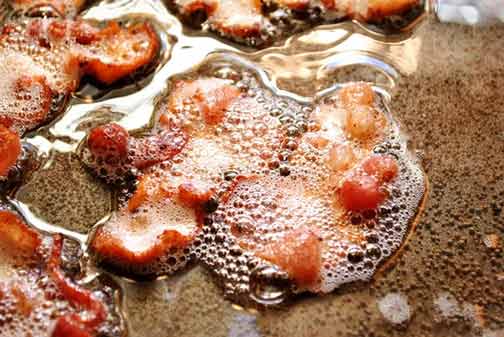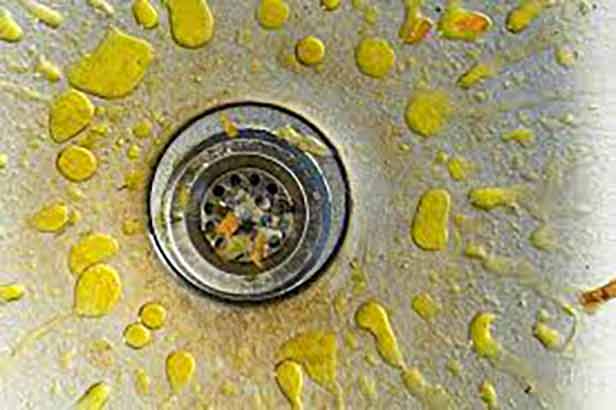
Grease is a common byproduct of cooking, especially when it comes to frying and grilling. It may seem convenient to dispose of grease by pouring it down the drain, but this practice can have serious consequences for your plumbing system. Here we will explore the reasons why grease shouldn’t be poured down the drain and offer some alternative solutions for dealing with grease disposal.
The Problem with Grease in Drains
When grease is poured down the drain, it may initially seem harmless. However, as the grease cools and solidifies, it can create blockages in the pipes. Over time, these blockages can lead to clogged drains, slow water flow, and even sewage backups. Additionally, grease can adhere to the walls of the pipes, attracting other debris and contributing to the growth of harmful bacteria. Eventually, this can result in costly repairs and extensive plumbing damage.
Environmental Impact
Not only does grease cause problems for your plumbing system, but it also has a significant impact on the environment. When grease enters the wastewater system, it can mix with other chemicals and pollutants, forming clumps and clogs in sewer lines and treatment facilities. This can lead to overflows and the release of untreated wastewater into rivers, lakes, and oceans, causing harm to aquatic life and ecosystems.
Alternative Grease Disposal Methods
Fortunately, there are several alternative methods for disposing of grease that are both safe and environmentally friendly:
Pouring Grease into a Container
Allow the grease to cool and solidify, then pour it into a suitable container such as an empty coffee can or jar. Once the container is full, seal it tightly and dispose of it in the regular trash. This method prevents grease from entering the drains and reduces the risk of plumbing issues.
Using Grease Traps
If you have a commercial kitchen or produce a large amount of grease regularly, installing grease traps can be an effective solution. A grease trap captures and separates grease from wastewater, preventing it from entering the drainage system. Regular maintenance and cleaning of the grease trap are crucial to ensure its proper functionality.
Recycling Grease
In some areas, there are recycling programs available for used cooking oil and grease. This grease can be converted into biodiesel or used for other purposes. Check with local recycling facilities or organizations to see if they accept cooking oil and grease for recycling.
Preventing Grease Buildup
Preventing grease buildup in your drains is essential to maintain a healthy plumbing system. Here are a few tips to help keep your drains free from grease:
Scrape Plates and Cookware
Before washing dishes or placing them in the dishwasher, scrape off excess grease and food particles into the trash or compost bin. This simple step can go a long way in preventing grease from entering the drains.
Use Strainers
Fit sink strainers or drain baskets to catch food scraps and solid materials, preventing them from going down the drain. Empty the strainers regularly and dispose of the captured debris appropriately.

Regular Maintenance
Consider scheduling regular plumbing maintenance, including drain cleaning services such as hydro jetting, to remove any residual grease and debris that may accumulate in the pipes over time. Professional plumbers have specialized equipment to effectively clean the drains and ensure their optimal functioning.
To Conclude
While it may be tempting to pour grease down the drain, it is crucial to resist this practice due to the damaging effects it can have on your plumbing system and the environment. Utilizing alternative disposal methods and adopting preventive measures can save you from expensive repairs and help protect our water resources. So, remember, keep the grease out of your drains and dispose of it properly!

